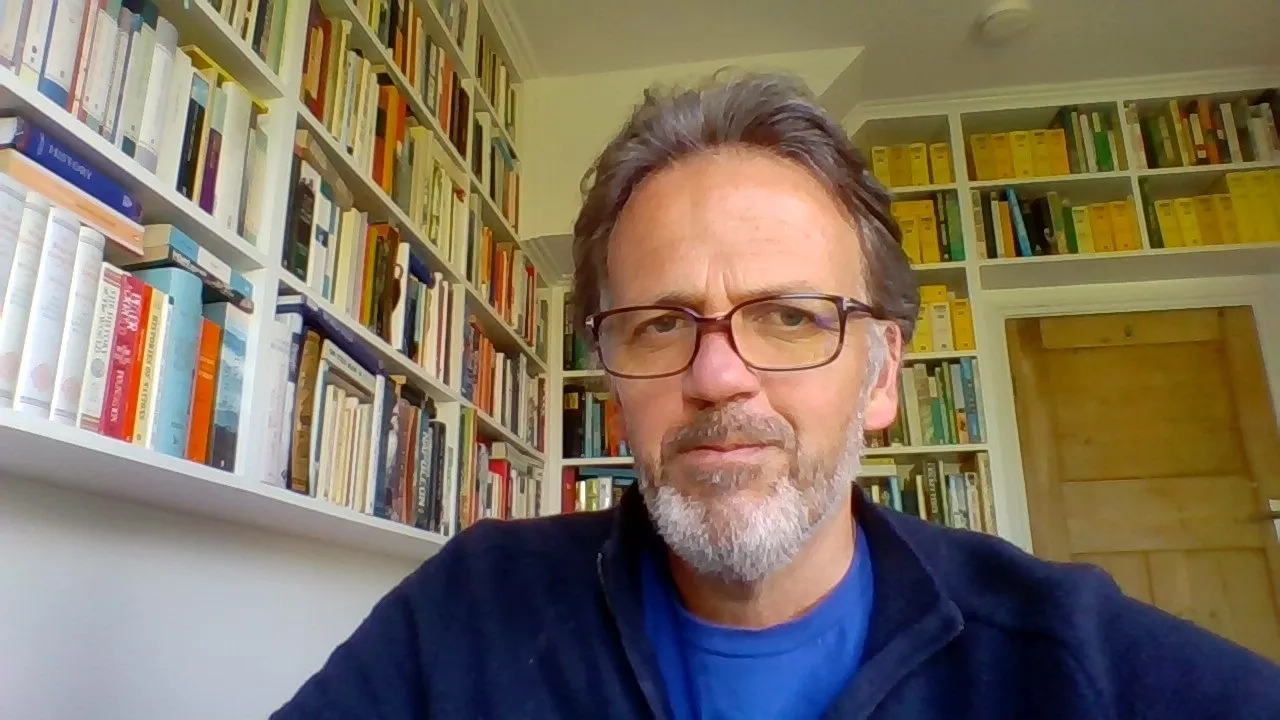California’s Department of Motor vehicles (DMV) has issued its draft self-driving vehicle deployment regulations, which, according to Google’s self-driving car chief, Chris Urmson, are perplexing.
The DMV has proposed a draft rule that would require a self-driving car to have a licensed driver at all times. Urmson says that while this maintains the same old status quo, it falls short on allowing this technology to reach its full potential, while excluding those who need to get around but cannot drive.
He says, “While we’re disappointed by this, we will continue to work with the DMV as they seek feedback in the coming months, in the hope that we can recapture the original spirit of the bill.
“California is a state with both world-class car culture and world-class innovation, and we can do better. Instead of putting a ceiling on the potential of self-driving cars, let’s have the courage to imagine what California would be like if we could live without the shackles of stressful commutes, wasted hours, and restricted mobility for those who want the independence that the automobile has always represented.”
The DMV has scheduled two public workshops, the first on 28 January in Sacramento and the second in Los Angeles on 2 February to allow interested parties to provide input on the draft regulations.
California self-driving car rules ‘perplexing’
California’s Department of Motor vehicles (DMV) has issued its draft self-driving vehicle deployment regulations, which, according to Google’s self-driving car chief, Chris Urmson, are perplexing. The DMV has proposed a draft rule that would require a self-driving car to have a licensed driver at all times. Urmson says that while this maintains the same old status quo, it falls short on allowing this technology to reach its full potential, while excluding those who need to get around but cannot drive.
December 21, 2015
Read time: 2 mins








